It is almost as important to know what is not serious as to know what is
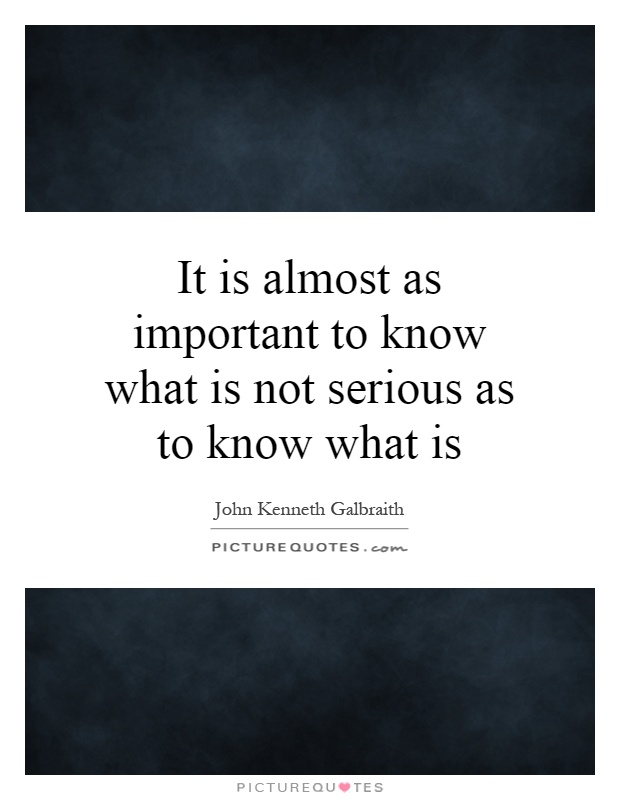
It is almost as important to know what is not serious as to know what is
John Kenneth Galbraith, a renowned economist and author, once said, "It is almost as important to know what is not serious as to know what is." This statement holds great significance in the field of economics and beyond, as it emphasizes the importance of distinguishing between trivial matters and those that truly require attention and action.In the context of John Kenneth Galbraith's work, this quote can be interpreted as a reminder to focus on the most pressing issues and not get bogged down by minor distractions. Galbraith was known for his critical analysis of economic systems and policies, and he often highlighted the need to prioritize the most significant challenges facing society. By understanding what is not serious, economists and policymakers can allocate their resources and efforts more effectively towards addressing the root causes of economic inequality, poverty, and other pressing issues.
Furthermore, Galbraith's quote can also be applied to personal decision-making and time management. In today's fast-paced world, it is easy to get caught up in trivial matters and distractions that do not contribute to our overall well-being and success. By recognizing what is not serious, individuals can focus their energy on activities and goals that truly matter to them, leading to a more fulfilling and purposeful life.
Moreover, in the realm of public policy and governance, knowing what is not serious is crucial for effective decision-making. Politicians and policymakers must be able to distinguish between minor issues that can be easily resolved and more significant challenges that require long-term planning and strategic solutions. By prioritizing the most pressing problems facing society, leaders can make informed decisions that have a meaningful impact on the lives of their constituents.
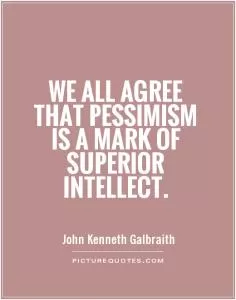
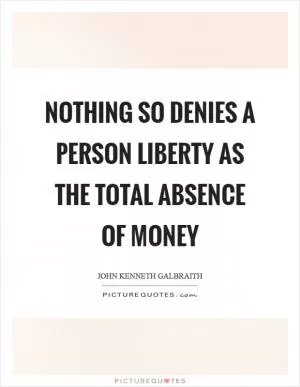
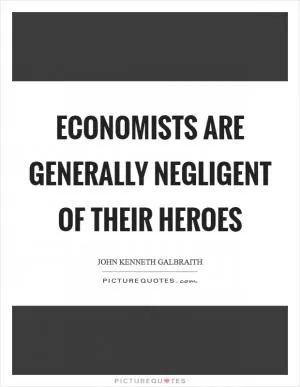
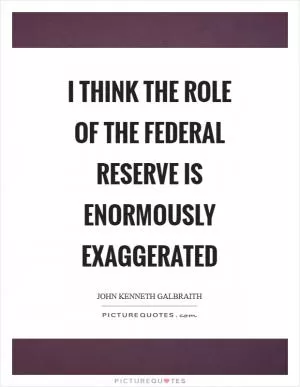


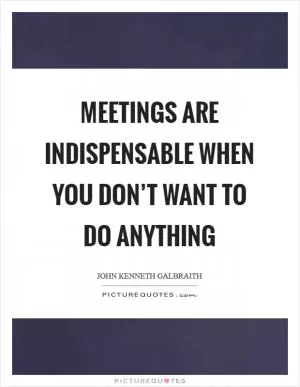


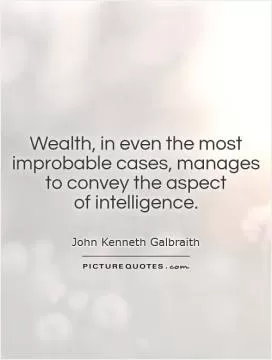

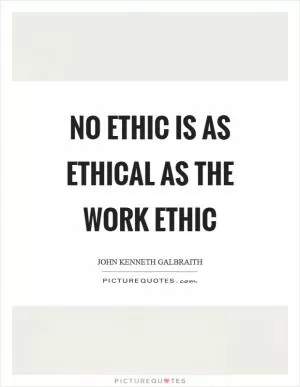
 Friendship Quotes
Friendship Quotes Love Quotes
Love Quotes Life Quotes
Life Quotes Funny Quotes
Funny Quotes Motivational Quotes
Motivational Quotes Inspirational Quotes
Inspirational Quotes